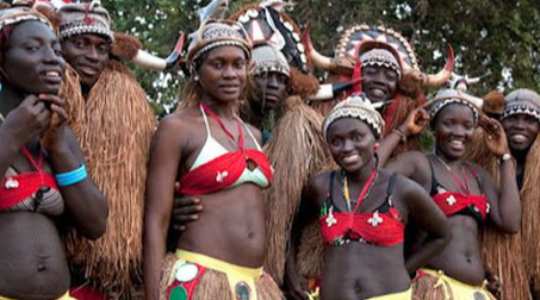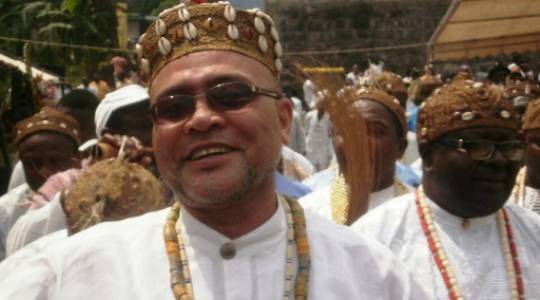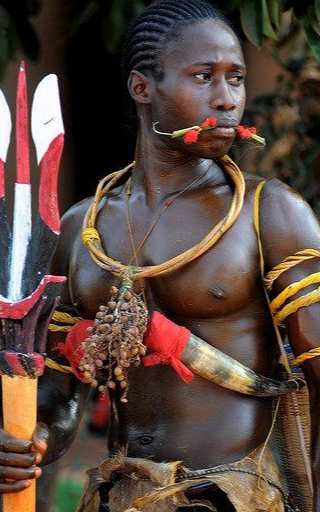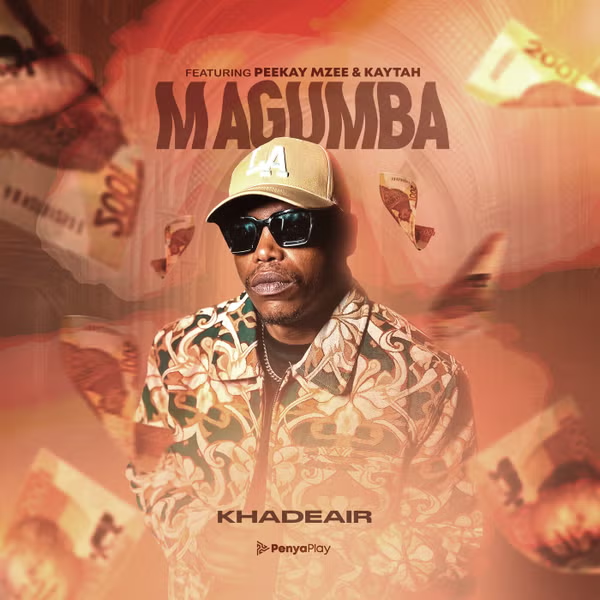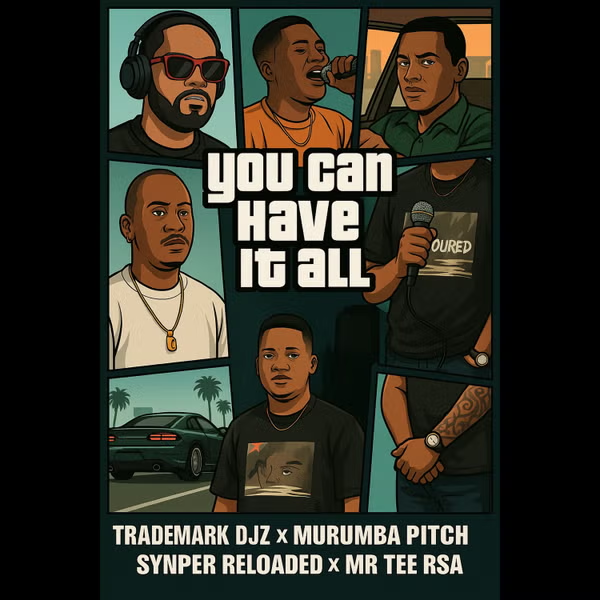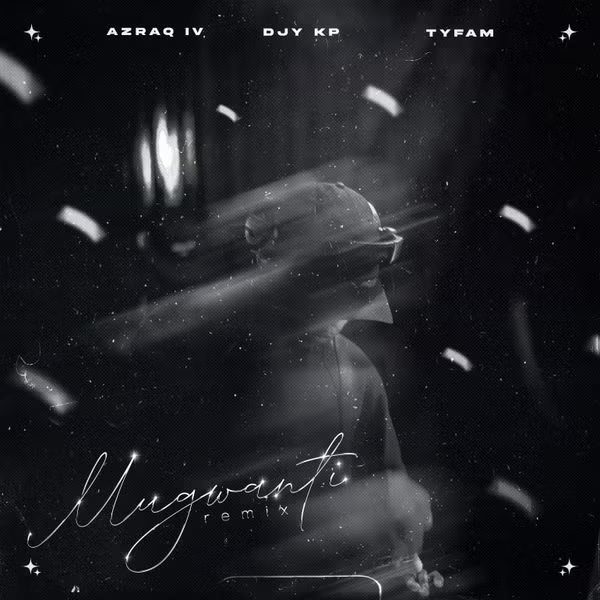The Bakweri (or Kwe) are ancient fierce fighters, traditionally spiritual, customs-abiding and agriculturalist Mokwe-speaking people of Bantu origins who live on the steep but fertile slopes of the Cameroon Mountain (Mt Fako) in the Republic of Cameroon.
Historically the Bakweri are territorial people and fierce fighters who have always defended their rights, land and culture against the successive colonising powers of Germany and Britain.
It must be noted that the Bakweri people were one of the African people to resist the spoliation of their lands by German imperialists.
They are known to have mounted a fierce anti-German campaign led by their fearless leader, Chief Kuva Likenye of Buea, particularly around the slopes of Mount Fako, and successfully inflicted a humiliating defeat on the Germans at Buea in 1891.
This was the first ever German military loss on the African continent, which led to a complete reappraisal of German colonial/military policy on the continent, and, unfortunately, laid the basis for the brutal campaign to annihilate the Bakweri.
The Bakweri were one of the few groups in all of German Africa that was thoroughly and systematically suppressed by the Germans. That they even survived to tell the story is a testimony to their resilience and tenacity in the face of adversity.
The Bakweri are known in Cameroon for their traditional wrestling (Wesuwa), which encompasses all the qualities the Bakweri have inherited from their ancestors: physical endurance, agility, fierce fighting techniques, and a great sense of competition.
Wesuwa is taken very seriously by all the members of the community and the most interesting thing is that women take part in this wrestling contest long before.
In the past wrestling used to be an important way of determining leadership in the villages; it even resulted in a war between two villages in 1891, when people from Ghango burnt down the village of Molonde in revenge for the death of their best wrestlers.


